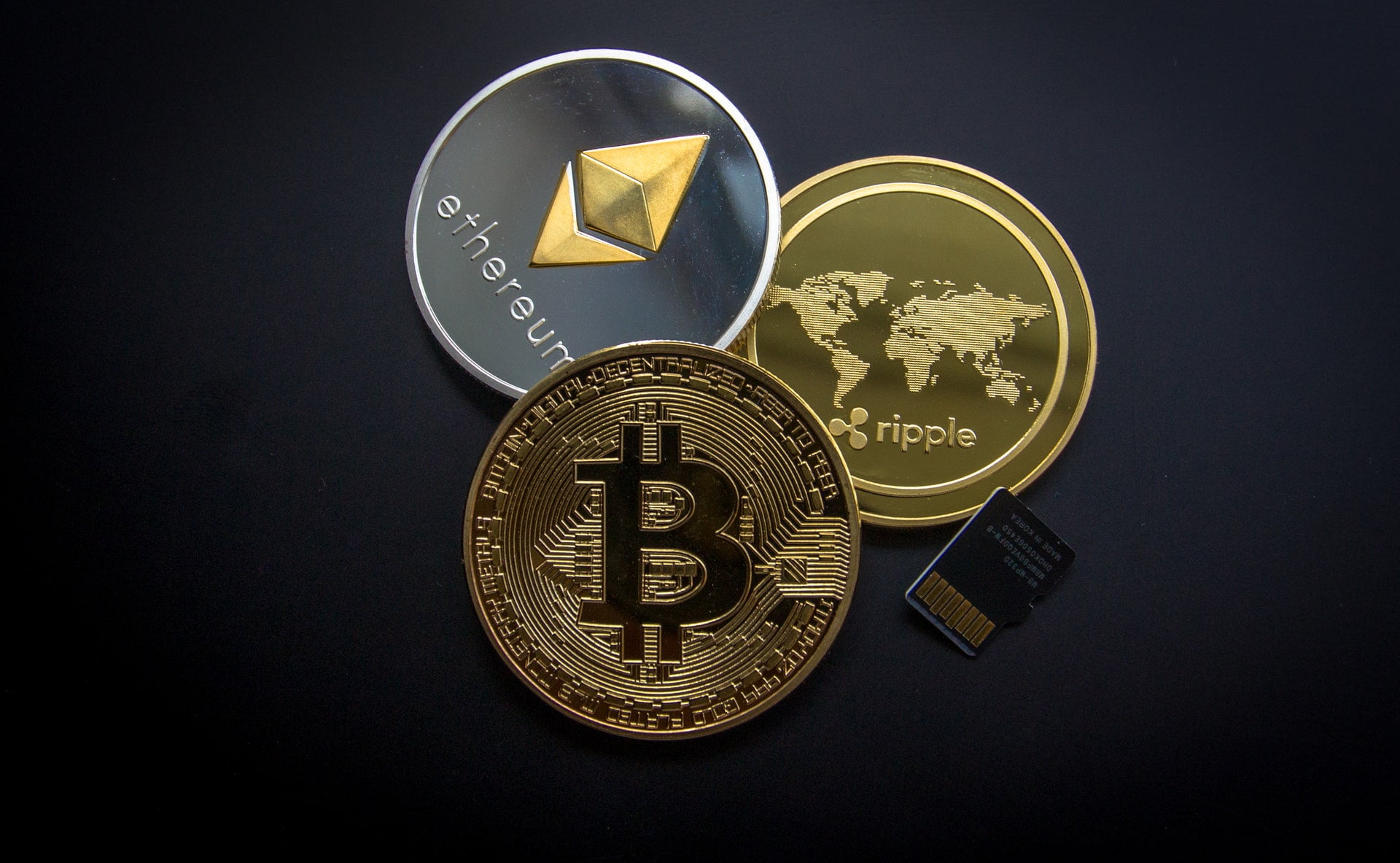
Can’t Afford Bitcoin in Kenya? Buy These Other Coins Instead Before It’s Too Late
Bitcoin remains the most popular cryptocurrency in Kenya, but many Kenyans are diversifying their investments into other digital assets to maximize their returns.
With the growing adoption of crypto in the country, traders and investors are exploring alternative coins that offer high potential profits, better use cases, and lower transaction fees. Here are some of the top cryptocurrencies Kenyans are buying besides Bitcoin.
1. Ethereum (ETH)
Ethereum is the second-largest cryptocurrency by market capitalization and one of the most widely used networks for decentralized applications (dApps) and smart contracts. Many Kenyan investors see Ethereum as a solid investment due to its versatility, scalability improvements with Ethereum 2.0, and its role in the booming decentralized finance (DeFi) sector.
2. Binance Coin (BNB)
BNB is the native token of Binance, one of the largest cryptocurrency exchanges in the world. Many Kenyans buy BNB to take advantage of lower transaction fees on the Binance platform. Additionally, Binance Smart Chain (BSC) offers a cheaper and faster alternative to Ethereum, making it popular for DeFi projects and NFT transactions.
3. Solana (SOL)
Solana has gained traction due to its high-speed transactions and low fees, making it an attractive alternative to Ethereum for developers and users. Kenyans interested in DeFi, NFTs, and gaming applications often invest in SOL because of its fast-growing ecosystem and strong market performance.
4. Ripple (XRP)
Ripple’s XRP is widely used for cross-border transactions, making it an attractive option for Kenyans who engage in international money transfers. The Ripple network offers quick, cost-effective transactions compared to traditional banking systems, which has contributed to XRP’s popularity in the region.

5. Cardano (ADA)
Cardano is a blockchain platform that focuses on sustainability and scalability. Its proof-of-stake (PoS) consensus mechanism makes it more energy-efficient than Bitcoin and Ethereum. Kenyans interested in long-term investments often buy ADA, given its potential to power decentralized applications and financial systems in developing economies.
6. Polygon (MATIC)
Polygon is a Layer 2 scaling solution that enhances Ethereum’s speed and reduces transaction costs. As Kenya’s blockchain community grows, more investors are acquiring MATIC to take advantage of its role in improving DeFi accessibility and reducing gas fees.
7. Dogecoin (DOGE) and Shiba Inu (SHIB)
These meme coins have gained popularity worldwide, and Kenyans are not left behind. Despite their volatility, traders invest in DOGE and SHIB for short-term gains, especially during market rallies fueled by social media hype and celebrity endorsements.
8. USD Coin (USDC) and Tether (USDT)
Stablecoins like USDC and USDT are pegged to the US dollar and provide a safe haven against crypto volatility. Many Kenyan traders use these coins to store value during market downturns, facilitate remittances, and engage in decentralized finance.
9. Chainlink (LINK)
Chainlink provides decentralized oracles that connect smart contracts with real-world data. As DeFi projects gain traction in Kenya, investors see LINK as a valuable asset due to its essential role in blockchain technology.
Conclusion
Whether for trading, long-term holding, or participation in DeFi and NFTs, cryptocurrencies like Ethereum, Binance Coin, Solana, and Cardano offer attractive opportunities.
However, as with any investment, it is crucial for Kenyan traders to research, assess risks, and stay informed about market trends before diving into the crypto space.


